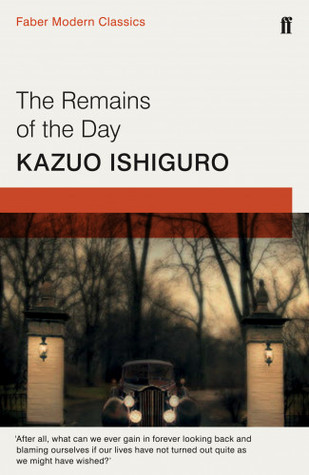Jim Brown hat Remains of the Day von Kazuo Ishiguro besprochen
mundanity and tedium made dramatic
This is the second of Ishiguro's I've read (the other was Klara and the Sun), and I'm struck with how much his characters love to revel in tedium. In this book, it's done to comedic effect often (since the narrator is obsessed with the details of what makes a "good butler" or what counts as "dignity"). But it then surprisingly dips into a love story and Nazi sympathizers. The book is deep in the weeds of something that seems ridiculous while all of these other more important things are happening around the edges. In the end, it works.
This is the second of Ishiguro's I've read (the other was Klara and the Sun), and I'm struck with how much his characters love to revel in tedium. In this book, it's done to comedic effect often (since the narrator is obsessed with the details of what makes a "good butler" or what counts as "dignity"). But it then surprisingly dips into a love story and Nazi sympathizers. The book is deep in the weeds of something that seems ridiculous while all of these other more important things are happening around the edges. In the end, it works.




